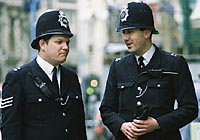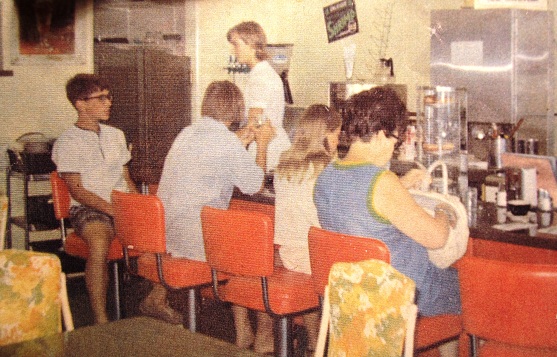In 1993 my mom and Aunt Joyce put together a two week trip to Sweden for 6 of us: my sister Mary and I, our two oldest daughters (Julia and Linnea), and themselves. Off we flew to visit relatives and see the sights, two teenagers, two 40-somethings, and two 70-somethings.
After a delightful time with gracious extended family and lots of yummy Swedish tartas (cakes), we headed home by way of a 3 day stay in London. As our plane approached Heathrow Airport, we discussed what sights each of us hoped to see. Our daughters had only one request, “We wanna meet Princess Diana!”
We 4 adults chuckled at their far-fetched idea, since Lady Di was the darling of the royal family at that time, and more people clamored to see her than Prince Charles and Queen Elizabeth combined. The international press charted her every move, and she seemed to have the world on a string. Why would she want to meet with a handful of assertive Americans?
After settling in at our downtown hotel, Mom and Aunt Joyce gratefully put their feet up while the rest of us set out to find a princess, someone we weren’t even sure was currently in the country.
As we walked into the night without a clue about where we were going, the girls collected information from strangers passing by. They learned that their favorite celebrity was, indeed, in the country and that she was actually in London at a theater within walking distance of us. Excitement grew as we raced toward the royal dance performance of “Romeo and Juliet.” Our girls hoped Lady Di wanted to meet them as much as they wanted to meet her.
When we got to the theater at 10:30 PM, a small crowd was gathering outside, and police were setting up barricades to keep us away from Diana. Fifteen feet from the front door stood her dark green Jaguar at-the-ready much like Cinderella’s coach. Diana’s driver was waiting beside the car door.
Julia and Linnea, ever hopeful, told a tall, handsome bobby they just had to meet Diana and wanted to know how they could. Bemused by their boldness but wanting to help he said, “She may head for her car or mingle with the crowd, depending on her mood. But if you want to ‘up’ your chances, go buy a bouquet. The princess likes to be photographed with flowers.”
Off they went in search of any kind of flowers they could find at 11:00 pm. Returning in 15 minutes with two bedraggled bunches of orange day lilies, they pushed their way through the growing crowd to the front where we’d saved their places next to the barricade. Their bobby friend smiled at their wilting lilies but had some bad news. Diana also liked to be photographed with young children, and in their absence, two adorably dressed little girls had arrived with their mum and were standing near the theater door.
It was a toss-up. Would the princess go for the girls, the flowers, or the dark green Jaguar? All eyes were riveted on the front door, and when we heard dignified clapping coming from inside the theater, we knew she was on her way out.
(…to be continued)
“God shows no favoritism… He accepts those who fear him and do what is right.” (Acts 10:34-35)






